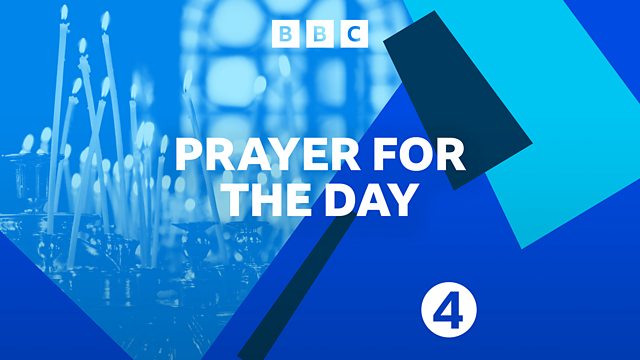
18/09/2018
A spiritual comment and prayer to begin the day with Dr Ed Kessler, Director of the Woolf Institute.
Last on
Script
Good morning!
Pilgrimage is not for the weak.
Anyone who spends a week or a month (or more) on a pilgrimage returns home weary, perhaps blistered and sunburnt from walking along the Camino, or with memories of being hassled by street vendors in the Old City of Jerusalem or of being bitten by insects alongside the River Ganges.
So why do it?
Because pilgrimage connects the past to the present; so much so, that what happened 50 years ago can seem historically remote compared to ancient sacred events, which are viewed as almost contemporary.
For Muslims, the Hajj, the great Islamic pilgrimage to the two holy cities of Mecca and Medina, attracts over two million pilgrims every year during Ramadan. According to tradition, Abraham established the rites of pilgrimage to Mecca, many of which re-enact the experiences of Hagar and Ishmael.
And on a smaller scale but still in impressively large numbers, at Walsingham in Norfolk, 250,000 pilgrims a year visit the 11th century replica of the house of the Holy Family in Nazareth. Even Henry VIII walked two miles barefoot to the shrine, but ended up pillaging it and having the buildings burned in 1538, during the Dissolution of the Monasteries.
So, pilgrimages are no lasting guarantee of good behavior but as John Bunyan wrote in The Pilgrim’s Progress, ‘Though the hill is high, I still desire to walk up it. I don’t care how difficult it is, because I understand that it leads to the way of life.’
Or in the words of the Psalmist, “I lift up my eyes to the hills-- where does my help come from? My help comes from the LORD, the Maker of heaven and earth.” (Ps 121).
Amen
Broadcast
- Tue 18 Sep 2018 05:43����ý Radio 4

